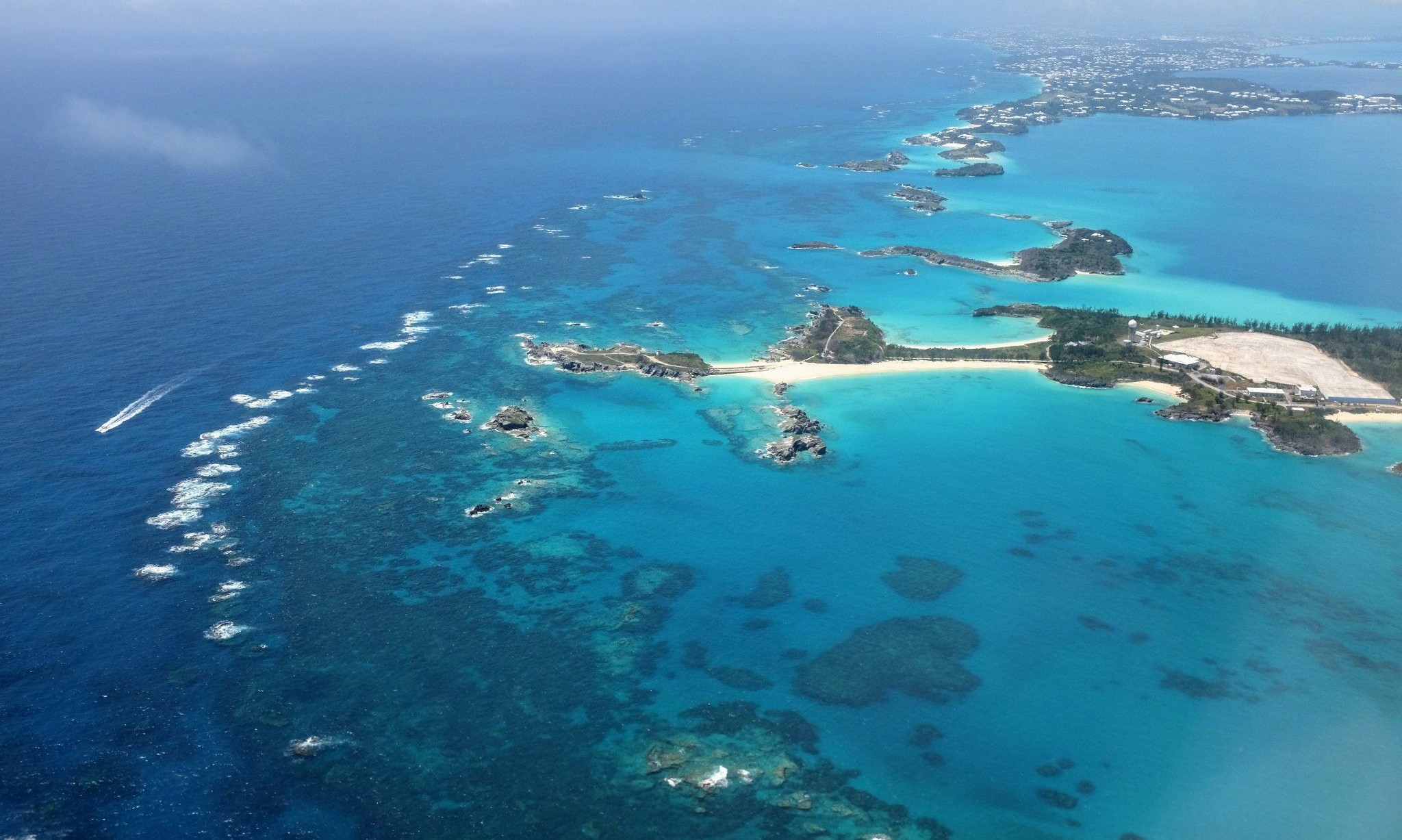
Chris Bryant fought in the benches and in the blogosphere. In the end though, Bermuda’s British governor waved in the law that would strip away same-sex marriage. The UK’s refusal to intervene in Bermuda will rankle some – but it was the right call.
The Labour MP pointed to Bermuda’s constitution, which permits the Governor to ‘reserve for signification any bill…inconsistent with’ the Constitution. Bermuda’s Human Rights Act is quasi-constitutional however, and the Constitution is silent on sexuality, unlike race or gender. At least since a 1999 White Paper, UK policy towards its overseas territories has favoured self-determination and autonomy. In 2002, the British Overseas Territory Act set aside the term ‘dependent’, a clear indication of the direction of travel.
For the Governor, representing the Queen, to withhold royal assent would be to subject Bermuda’s people and democracy to that of the UK.
But Bermuda, in particular, has seen a high degree of independence from the UK in recent times. This can partially be put down to its wealth. But it is also because of the durability of its democracy. Bermuda’s Parliament is the oldest in the Commonwealth, outside of the United Kingdom itself. The Foreign Office was correct to say that the UK must regard Bermuda as “separate [and] self-governing” in its internal affairs, having “democratically elected representatives and the right to self-government.” It is a principled policy. The UN General Assembly has declared that “the subjection of peoples to alien domination” is a denial of human rights. An incredibly powerful justification would be required to overrule the representatives. This just isn’t it.
The Domestic Partnership Act (DPA) is not a symptom of poor governance – quite the opposite. As prejudiced as the Act is, democratically-elected legislators approved it. As hypocritical as ‘separate but equal’ legislation is from black leadership, the Act represents the will of the majority. Bermuda is British, but not a part of the UK. For the Governor, representing the Queen, to withhold royal assent would be to subject Bermuda’s people and democracy to that of the UK.
Doors could close for LGBTQ Bermudians in an instant if Bermuda were to set aside its pragmatic concerns and chose independence.
But isn’t UK ‘governance’ what Bermudians agreed to, when we rejected independence by a margin of 3 to 1 in 1995? Not exactly, it turns out. The relationship is complex; some of the reasons Bermuda remains a territory are more practical than ideological. Still, ‘scope’ sums up the relationship: the UK provides limited benefits; Bermuda surrenders limited powers. Bermuda’s Constitution cedes to the Crown external affairs, defence, and internal security – pragmatic concessions for a small community. Crucially though, our Constitution guarantees internal self-government. The relationship is practical, not paternalistic. A far more accurate illustration of the relationship comes from a 2012 Home Office report. After the Metropolitan Police delivered firearms and investigative training its Bermudian counterpart, the UK emphasised that it would recover the cost of providing the expertise from the territory. Any argument that Bermuda should cede its democracy to the UK on the basis of Britain’s charity is delusional.
Furthermore, heavy-handedness from London could have left LGBTQ Bermudians worse off in the long run. Currently, our British citizenship allows us to live, work, and study in the UK. Pre-Brexit, Bermuda’s cultural refugees could look forward to forging new homes in the European Union, as well. These doors could close in an instant if Bermuda were to set aside its pragmatic concerns and chose independence. Consider the headlines that would have met intervention: White governor from the distant, secular state undermines the democracy of a predominately black, religious community…The political communications mill could not manufacture a more golden grist in a community where race and religion drive politics.
The UK could not defend one right without undermining the other.
In retort, Bermuda’s Parliament may have passed legislation further damaging same-sex equality. Previously, Bermudian MPs such as Wayne Furbert have rallied to subordinate Bermuda’s Human Rights Act to legislation; which would void marriages not between a male and female. Is the UK prepared to repeatedly veto Bermuda’s Parliament? The argument that LGBTQ Bermudians’ British citizenship compels the UK to intervene to defend our rights ignores our multiple interests. Interests in dignity and equality coexist with interests in democratic self-determination. The UK could not defend one right without undermining the other.
The DPA enshrines prejudice into law, affording heterosexual couples a unique, elite status. But it also confers on homosexual (and heterosexual) partners the rights to make medical decisions on behalf of a partner, to be next of kin, and to inherit in the case of no will. It is a law with bad intent but good effect. In the balancing act of intersecting interests, the British government got it right.
Related Posts
Bagikan Berita Ini














0 Response to "Why Bermuda's reversal of same sex marriage was none of the UK's business"
Post a Comment